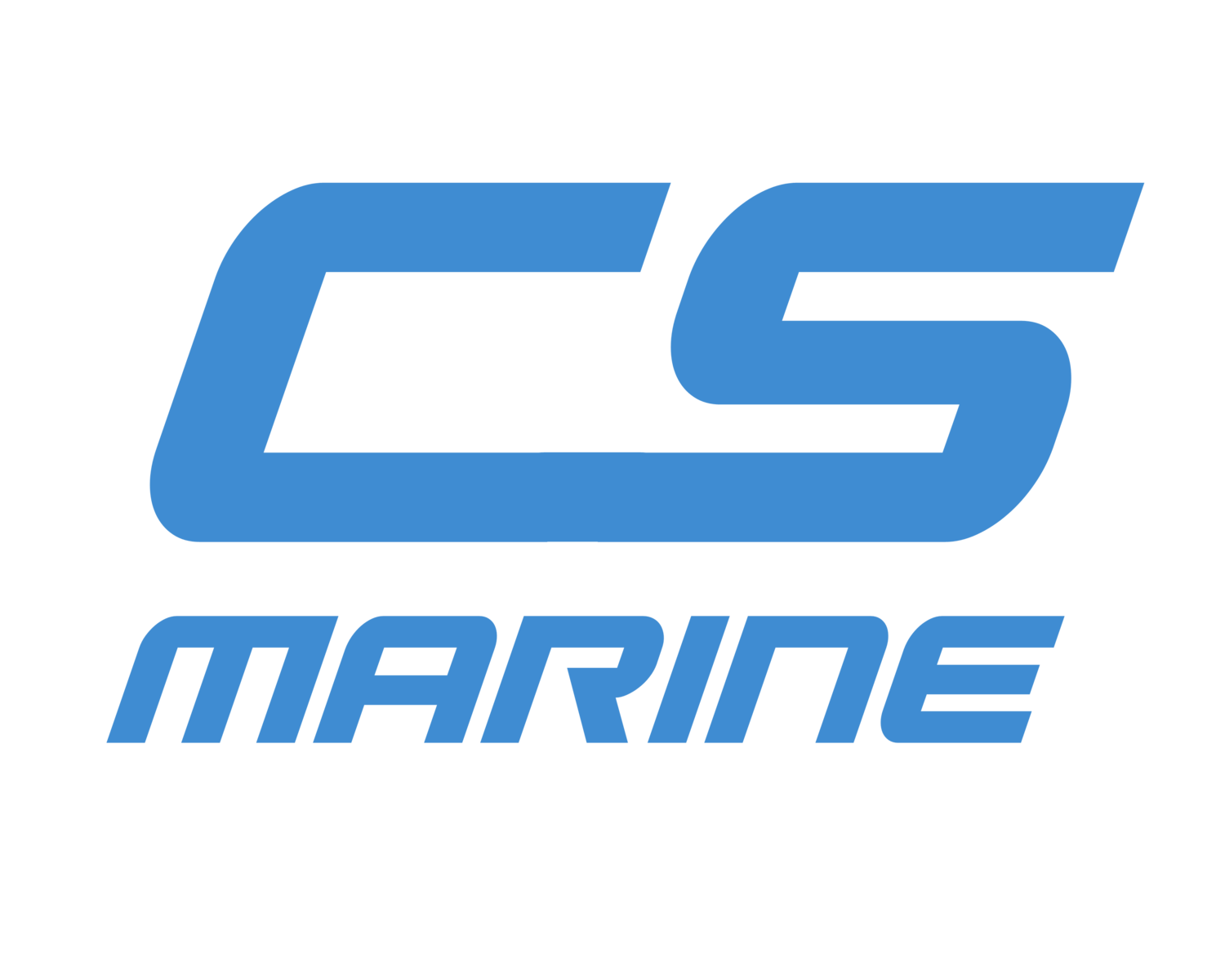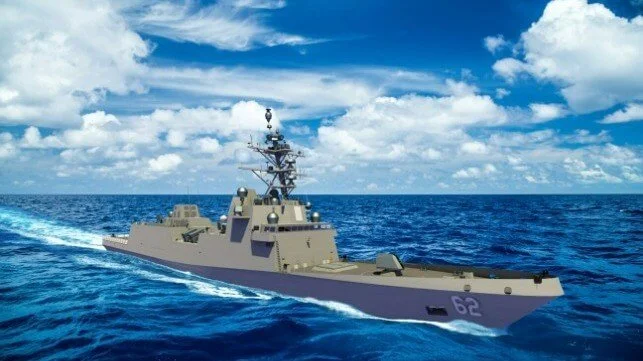May 12, 2022 12:22 PM
The following is the May 11, 2022, Congressional Research Service report, Navy Constellation (FFG-62) Class Frigate (Previously FFG[X]) Program: Background and Issues for Congress.
From the report
The Navy began procuring Constellation (FFG-62) class frigates (FFGs) in FY2020, and wants to procure a total of 20 FFG-62s. Congress funded the first FFG-62 in FY2020, the second in FY2021, and the third in FY2022. The Navy’s proposed FY2023 budget requests the procurement of the fourth FFG-62.
The Navy’s FY2023 budget submission estimates the procurement cost of the fourth FFG-62 at $1,091.2 (i.e., about $1.1 billion). The ship has received $6.0 million in prior-year advance procurement (AP) funding. The Navy’s proposed FY2023 budget requests the remaining $1,085.2 million needed to complete the ship’s estimated procurement cost. The Navy’s proposed FY2023 budget also requests $74.9 million in AP funding for FFG-62s to be procured in future fiscal years.
Four industry teams competed for the FFG-62 program. On April 30, 2020, the Navy announced that it had awarded the FFG-62 contract to the team led by Fincantieri/Marinette Marine (F/MM) of Marinette, WI. F/MM was awarded a fixed-price incentive (firm target) contract for Detail Design and Construction (DD&C) for up to 10 ships in the program—the lead ship plus nine option ships. The other three industry teams reportedly competing for the program were led by Austal USA of Mobile, AL; General Dynamics/Bath Iron Works (GD/BIW) of Bath, ME; and Huntington Ingalls Industries/Ingalls Shipbuilding (HII/Ingalls) of Pascagoula, MS.
As part of its action on the Navy’s FY2020-FY2022 budgets, Congress has passed provisions relating to U.S. content requirements for certain components of each FFG-62 class ship, as well as a provision requiring the Navy to conduct a land-based test program for the FFG-62’s engineering plant (i.e., its propulsion plant and associated machinery).
The FFG-62 program presents several potential oversight issues for Congress, including the following:
the Navy’s emerging force-level goal for frigates and other small surface combatants;
the reduction in the FFG-62 program’s programmed procurement rate under the Navy’s FY2023 five-year (FY2023-FY2027) shipbuilding plan;
the accuracy of the Navy’s estimated unit procurement cost for FFG-62s, particularly when compared to the known unit procurement costs of other recent U.S. surface combatants;
whether to build FFG-62s at a single shipyard at any one time (the Navy’s baseline plan), or at two shipyards;
whether the Navy has appropriately defined the required capabilities and growth margin for FFG-62s;
whether to take any further legislative action regarding U.S. content requirements for the FFG-62 program;
technical risk in the FFG-62 program; and
the potential industrial-base impacts of the FFG-62 program for shipyards and supplier firms in the context of other Navy and Coast Guard shipbuilding programs.


